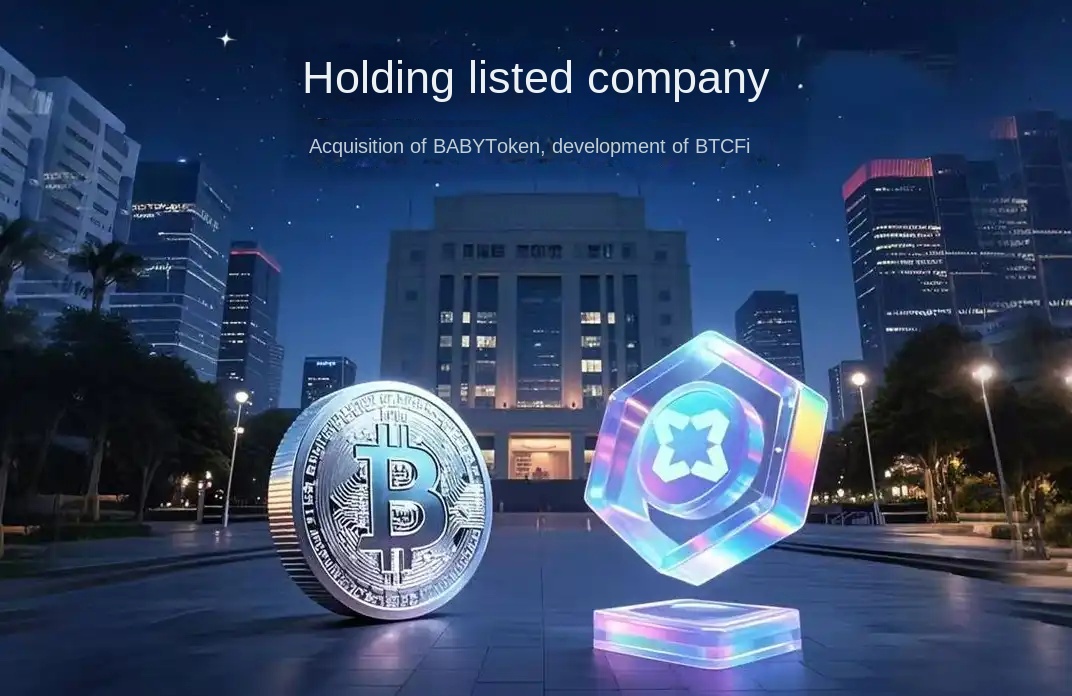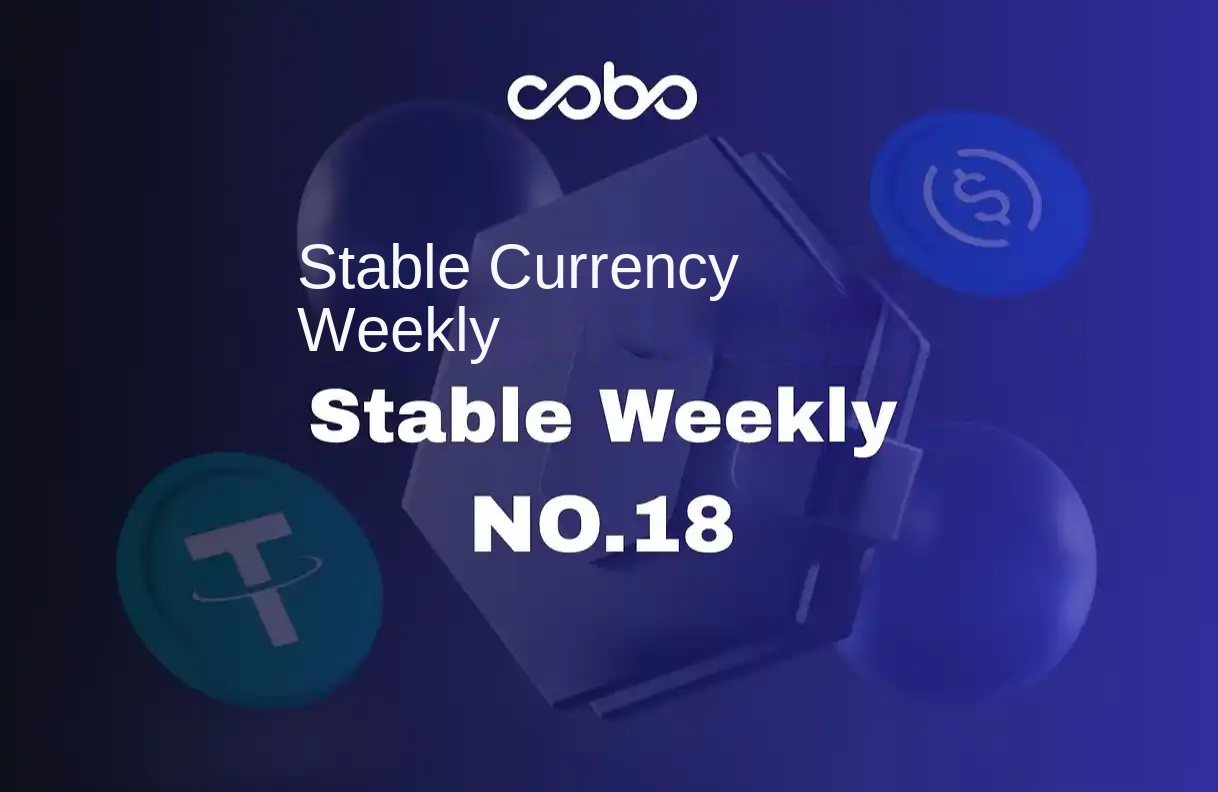Gemini Dealt Another Blow by JPMorgan Chase's "Choking," Founder Lambasts Bank for Unleashing "Financial Censorship 2.0"
Original Title: "Gemini Faces Another 'Neckline Choke' by JPMorgan Chase, Founder Lambasts Bank Triggering 'Financial Persecution 2.0'"
Original Author: Wenser, Odaily Planet Daily
A new dispute between a traditional financial giant and a crypto platform has emerged, with the main characters being two American behemoths – one being JPMorgan Chase, known as the "investment banking leader," and the other being the veteran cryptocurrency exchange Gemini. At around 2 a.m. Beijing time on July 26, Gemini co-founder Tyler Winklevoss posted a furious message accusing JPMorgan Chase of refusing to provide data services to Gemini due to his earlier remarks, attempting to engage in unfair competition and stifle fintech companies and crypto platforms. Upon this news, many industry insiders once again recalled the impact of the previous "Operation ChokePoint 2.0" on crypto companies. In this article, Odaily Planet Daily will briefly outline Gemini's experience of "Financial Persecution 2.0" for readers' reference.
Gemini Encounters Another 'Neckline Choke' from JPMorgan Chase: When Banking Data Becomes a Competitive Tool
As the intersection of traditional finance and the cryptocurrency industry, user data has always been a top priority in the business of traditional banks and crypto platforms. After all, the more comprehensive the KYC information is, the more corresponding safeguards there will be for user risk preferences, asset size, and security level, making the user profile clearer and the platform's business operations more convenient.
The focus of the dispute between Gemini and JPMorgan Chase this time is on banking data.
Just as Musk made platform API access one of Twitter's revenue sources after taking over, and Reddit also charges clients and third parties for accessing platform data, the "data business" has always been a part of the unclear ownership structure of platform economies. After Gemini co-founder Tyler Winklevoss criticized JPMorgan Chase on July 20 for "depriving Gemini of free access to bank data via the third-party platform Plaid and instead charging exorbitant data access fees to fintech companies," JPMorgan Chase, as a top U.S. bank, naturally no longer held back and directly issued a "death notice" to Gemini, stating, "After revoking Gemini's customer status in 'Operation ChokePoint 2.0,' we have once again suspended plans to readmit Gemini as a customer."
Undoubtedly, just like the previous "Operation ChokePoint 2.0" where U.S. banks refused to provide banking services to some cryptocurrency companies and tech startups, this recent move by JPMorgan is still a traditional financial giant's unilateral oppression against crypto platforms. At this point, we need to briefly look back at this alarming "industry persecution."
A Flashback to "Operation ChokePoint 2.0": The Banking Industry's "Crypto Choking Operation"
In 2023, following the crypto winter and their own poor performance, several crypto-friendly banks, including Silicon Valley Bank, Silvergate, and Signature Bank, closed down. Some industry insiders suggest that this move may have been influenced by the Biden administration pressuring banks to sever business ties with cryptocurrency companies.
Subsequently, the "Operation Chokepoint 2.0" operation gradually resurfaced.
a16z co-founder Marc Andreessen once revealed on the "Joe Rogan Experience podcast," saying, "Operation Chokepoint 2.0 is primarily aimed at the government's political enemies and unpopular tech startups. In the past four years, the bank accounts of over 30 tech company founders have been closed. Clearly, this is not an isolated incident." This revelation was later retweeted by Musk.
In December 2022, Frax Finance founder Sam Kazemian also expressed concerns after a business discussion with JPMorgan, stating, "While the alleged operation has not been confirmed, participants in the crypto industry face many challenges in ensuring banking services security."
Specifically, the banks' "refusal of service" often lacks a clear reason, yet the consequences are often severe. Affected businesses may be unable to open bank accounts, face restricted fund transfers, or even be pushed to the brink of collapse. In the face of the unavoidable banking industry in the modern financial system, both companies and individuals are as helpless as ants against its entrenched financial dominance.
It is worth mentioning that this operation also paved the way for Trump's rise to power—according to a16z co-founder Marc Andreessen: "This is why we ultimately supported Trump. We cannot live in a world where a completely legal company is sanctioned by the U.S. government due to improper regulatory procedures."
On March 7th this year, Trump publicly stated during a White House crypto summit that he would end Operation Chokepoint 2.0's crackdown on the crypto industry, marking a phase in the so-called "financial persecution" from the Biden administration era.
JPMorgan's Off-Exchange Move: Using Data Business to Bypass the Consumer Financial Protection Act
Another focal point of the Gemini dispute with JPMorgan revolves around the Consumer Financial Protection Act mentioned by Gemini co-founder Tyler Winklevoss.

In 2024, based on a dormant legislative authority enacted by the U.S. Congress in 2010, the Consumer Financial Protection Bureau (CFPB) released the "Final Rule on Consumer Financial Data Rights," which requires financial institutions, credit card issuers, and other financial service providers to unlock personal financial data at a consumer's request and transfer it for free to another service provider, ensuring consumers can access and share data related to bank accounts, credit cards, mobile wallets, payment apps, and other financial products (including access or authorization for third parties to access transaction information, account balance information, information required to initiate payments, impending bill information, and basic account verification information, among others). The rule specifically states, "Financial service providers must provide this information for free."
The intention of this measure was to lower loan costs and improve customer service in the payment, credit, and banking markets through promoting competition and consumer choice. However, it objectively led to platforms such as cryptocurrency exchanges having free access to user banking data and other information. Now, JPMorgan's solution is to say, "Want user data? Sure, pay up!"

The Wall Street Journal previously published an article
On the other hand, as a member of the vested interest group, bankers are also working diligently to sue the Consumer Financial Protection Bureau (CFPB), hoping to use this lawsuit to repeal the aforementioned "open banking rule," end the open banking era, and indirectly curb the development of cryptocurrency platforms.
Undoubtedly, this is not the U.S. banking industry's first nor will it be the last display of malice toward the cryptocurrency industry—recently, the American Bankers Association and other banking and credit union industry organizations jointly requested the U.S. Treasury's Office of the Comptroller of the Currency (OCC) to pause the review of bank license applications from crypto companies such as Circle, Ripple, and Fidelity Digital Assets, stating that "they believe these applications lack transparency, fail to meet public scrutiny standards, and pose significant legal risks to the banking system."
The founder of Crypto Bank Custodia Bank, Caitlin Long, expressed in a post that there is a high likelihood of a legal battle regarding whether a trust charter could effectively serve as a banking charter (including issuing loans + accessing a Fed master account) with only a 10-15% share of bank capital requirements. However, she also pointed out: "The banking industry association's resistance response is very interesting. If the situation they are worried about does materialize, then why wouldn't banks just convert to trust companies to continue operating their existing businesses with much lower capital requirements and regulation?"
Alexander Grieve, Director of Government Affairs at the venture capital firm Paradigm, commented on the joint letter, saying: "Banks and credit unions rarely agree on most issues. But they seem to agree on one point: they are finally facing substantive competition from the crypto industry."
Conclusion: The War Between the Banking Industry and Crypto Platforms Has Begun
Regardless of how the "user data" dispute between Gemini and JPMorgan Chase ends, it is undeniable that the war between the banking industry and cryptocurrency platforms has shifted from the shadows to the forefront. With the stablecoin bill, CLARITY Act, and anti-CBDC surveillance state bills being passed one after another, the competition between the two in cross-border payments, daily life, business acceptance, and other areas is bound to intensify. At that time, whether the banking industry will continue to dominate over crypto platforms or if the crypto platforms will overthrow the banking industry, the outcome of this dispute may still rely on Trump's thunderous tactics.
Welcome to join the official BlockBeats community:
Telegram Subscription Group: https://t.me/theblockbeats
Telegram Discussion Group: https://t.me/BlockBeats_App
Official Twitter Account: https://twitter.com/BlockBeatsAsia
 Forum
Forum OPRR
OPRR Finance
Finance
 Specials
Specials
 On-chain Eco
On-chain Eco
 Entry
Entry
 Podcasts
Podcasts
 Activities
Activities









